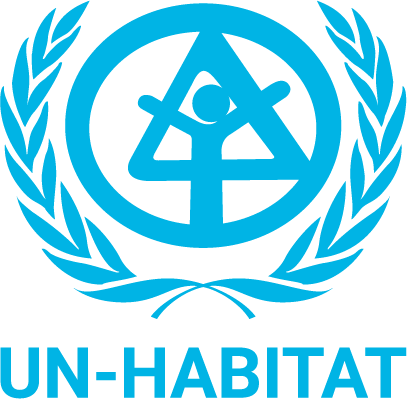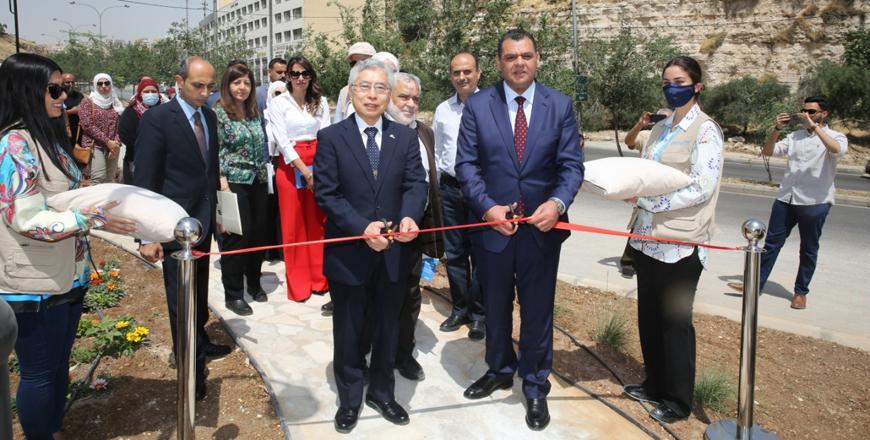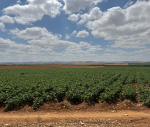You are here
UN-Habitat launches project to address climate change-related water challenges
By JT - Nov 07,2021 - Last updated at Nov 07,2021
AMMAN – The United Nations Human Settlements Programme’s (UN-Habitat) Regional Office for Arab States, Jordan Country Programme and Lebanon Country Programme launched a regional project titled “Increasing the resilience of both displaced persons and host communities to climate change-related water challenges in Jordan and Lebanon”.
The project, carried out together with the Ministry of Environment and Ministry of Water and Irrigation in Jordan, and the United Nations Economic and Social Commission for West Asia (UN ESCWA) aims to increase the capacity of local authorities, refugees and host communities in Jordan and Lebanon to better address climate change related water scarcity, according to a UN-Habitat statement.
The project of nearly $14 million is funded by the Adaptation Fund and will run for four years.
It is implemented in partnership with the governments of Jordan and Lebanon through their Ministries of Environment as well as other national and local authorities, UN agencies, local NGOs, research institutes, universities, CBOs and the private sector.
"Jordan suffers numerous challenges as a result of climate change, many of which relate to the lack of water and is ranked the second most water scarce country in the world. The Adaptation Fund project is inline with the plans and strategies being implemented by the Ministries of Environment and Water and Irrigation in Jordan," said Mohammed Khashashneh, secretary general of the Ministry of Environment in Jordan.
"The sustainable water management approach adopted in this project is very important in reducing demand on unsustainable water sources, and we seek to replicate the pioneering adaptation interventions in other regions across the Kingdom later on," he added.
In Jordan, the cities of Irbid and Mafraq were selected as the project’s target locations due to recurrent droughts, extreme heat and a shift in rainfall patterns which have recently become major concerns for these areas.
Over the past ten years, both cities witnessed a significant influx of refugees. This has placed additional pressure on pre-existing water scarcity and under-developed water and waste water infrastructure networks, according to the statement.
“UN-Habitat works to support cities and urban areas to adapt by building resilience and reducing the impact of climate change,” said Erfan Ali, regional representative of Arab States, UN-Habitat.
The launch of this project comes after an inception workshop with the participation of Jordan and Lebanon’s ministers of Environment.
“We need to take bolder steps to confront the challenge of climate change and focus on the importance of resilience and adaptation," said Mounir Thabet, deputy executive secretary, UNESCWA.
"The priority adaptation measures in Jordan were selected based on long consultations with national and local governmental entities, key stakeholders and local communities including refugees. They include rainwater harvesting, grey water treatment and reuse systems, upgrading of Al Maerad, Al Akaider and Mafraq wastewater treatment plants, efficient irrigation of treated wastewater and a permaculture demonstration site at the Jordan University of Science and Technology campus," said Deema Abu-Thiab, national programme coordinator of UN-Habitat Jordan.
Related Articles
AMMAN — This week, the United Nations Human Settlement programme (UN-Habitat) in Jordan signed an agreement with the Permaculture Research I
AMMAN — The Food and Agriculture Organisation of the United Nations (FAO) has organised a brainstorming session between stakeholders and sev
AMMAN — Deputy Mayor of Amman Mohammed Al Qaisi on Monday attended the launch of Al Zhour Green Triangle pilot project implemented in the Ra

















